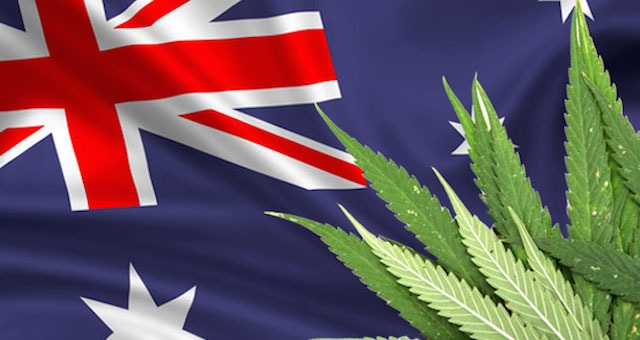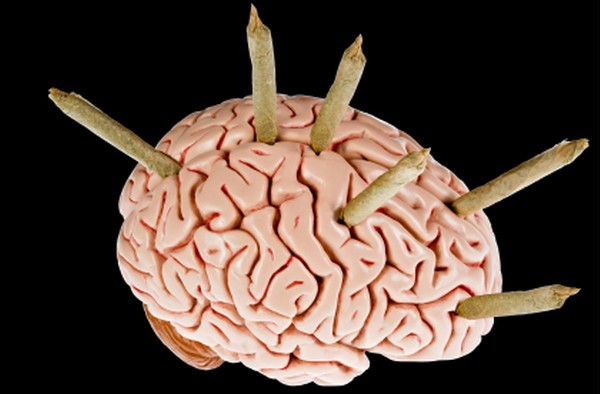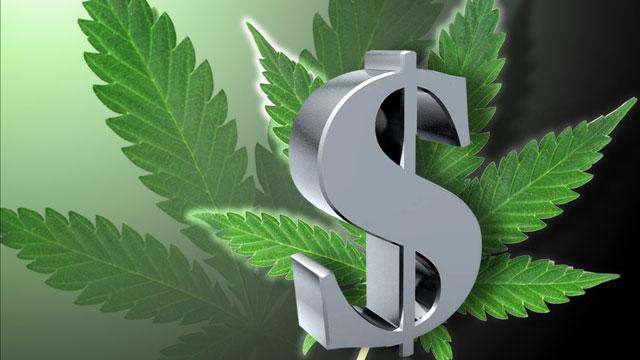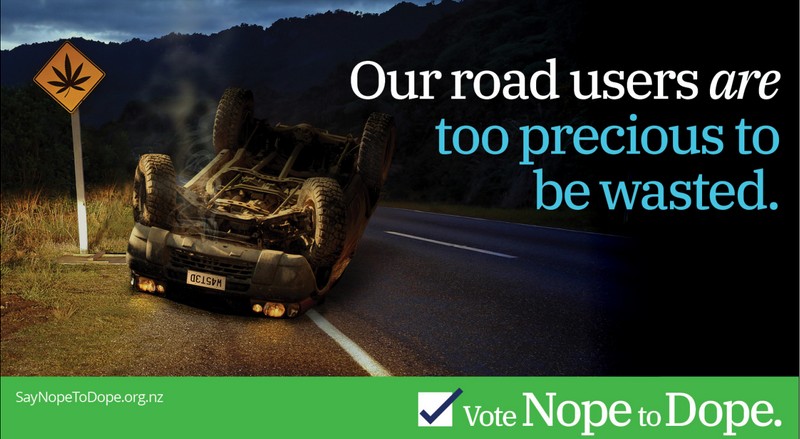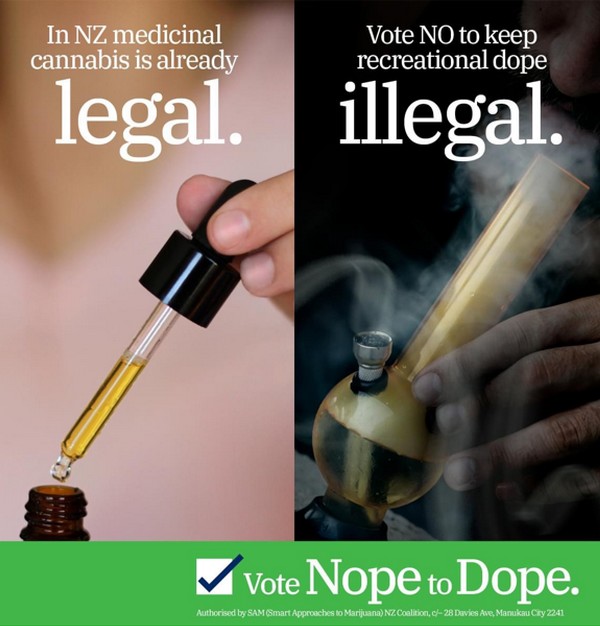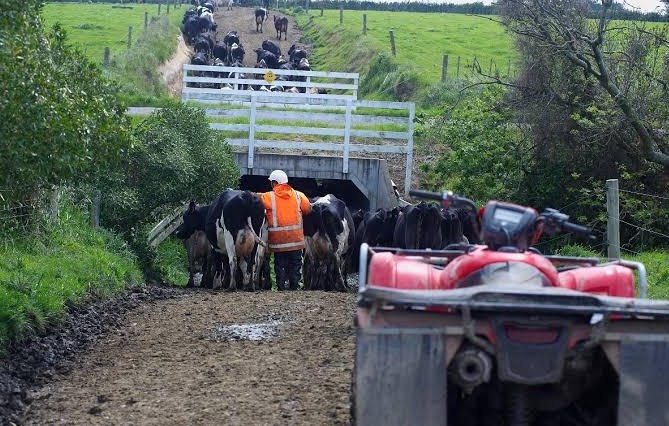
Reuters 25 September 2020
Our additional comment: And the world is watching our referendum…
“The black market will remain, and a new legal market of 400 stores appearing around the country, and then a whole lot of people growing cannabis plants in their backyard. It’s hard to believe in that scenario that cannabis use will be reduced,” said Aaron Ironside, spokesman for the Say Nope to Dope campaign.
A referendum next month on legalising recreational cannabis has divided opinion in New Zealand with ruling party politicians staying clear of the contentious issue ahead of a general election they are likely to win.
If passed, New Zealand would be only the third country in the world after Uruguay and Canada to legalise the adult use and sale of cannabis, and the first in the Asia Pacific. The referendum will be held along with the Oct. 17 general election in which Prime Minister Jacinda Ardern is seeking a second term.
Ardern is a strong favourite to win the election but opinion is sharply divided on the referendum – 49.5% of respondents in a nationwide Horizon Research survey earlier this month said they were in favour of legalising cannabis while 49.5% were against, and 1% gave no response.
Campaigners against legalising marijuana, which include some faith based institutions, refute these claims.
“The black market will remain, and a new legal market of 400 stores appearing around the country, and then a whole lot of people growing cannabis plants in their backyard. It’s hard to believe in that scenario that cannabis use will be reduced,” said Aaron Ironside, spokesman for the Say Nope to Dope campaign.
READ MORE: https://www.reuters.com/article/us-newzealand-election-cannabis-idUSKCN26G176


